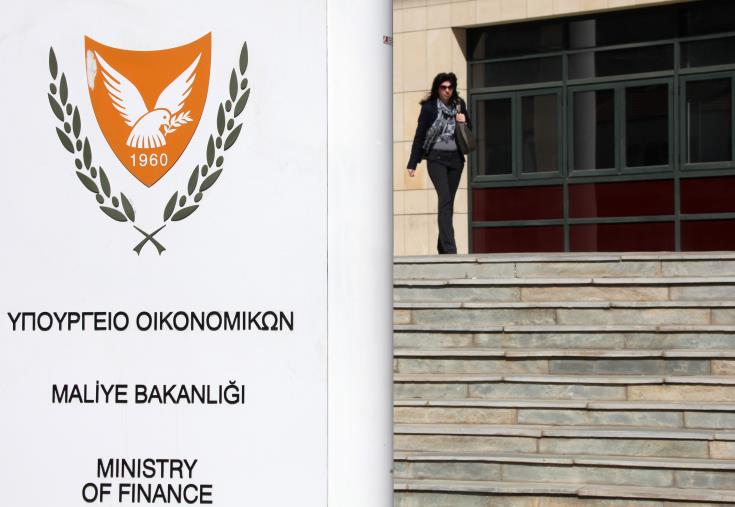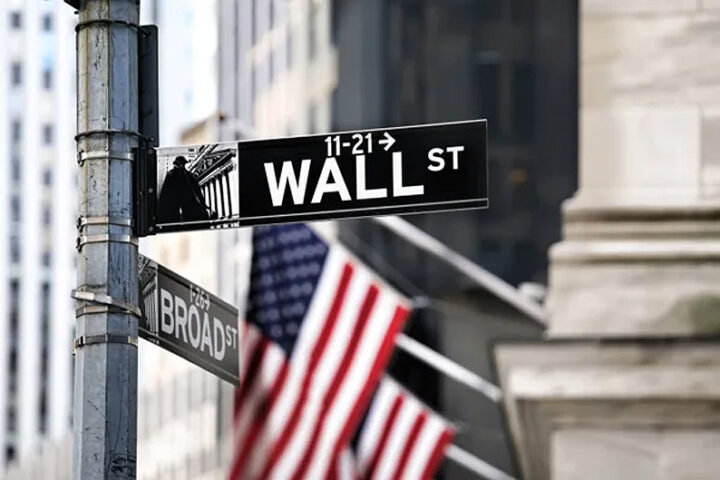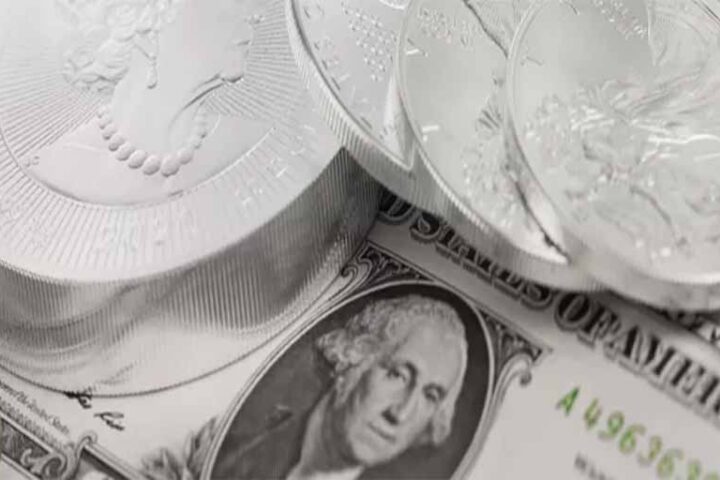The Finance Ministry has revised its inflation forecast for Cyprus this year from an initial 1.5% to 4%, amid a hike in fuel prices in the aftermath of Russia’s invasion of Ukraine.
During a House Commerce committee hearing to discuss the rising cost of living, MPs were told by a senior ministry official that that higher inflation will cost the state €25 mln in increased cost of living allowance.
Lucy Erodotou Mouskou, Director of the economic policy department, noted that the rising inflation is creating difficulties in the implementation of the government’s development programme.
“Every percentage point increase in inflation corresponds to a fiscal cost of €10 mln from increased cost of living allowances. This must be taken into consideration in public planning,” she told the committee.
Mouskou acknowledged that Cyprus is dependent on petrol for its electricity production, and that rising oil prices amid international uncertainty will continue to prevail as long as the crisis in Ukraine continues.
“We anticipate in the event of counter sanction measures from Russia that there will be additional inflationary pressure,” she said.
The official said that inflation started to edge up in September 2021, with the state offering support through a 10% cut in electricity prices in November, a reduction in VAT on electricity for vulnerable groups to 5% and to households to 9% for three months.
Earlier this year, the government decided to extend the VAT reduction for another two months, while consumer tax on fuel was cut, albeit with a short-lived impact on retail prices.
Also at the hearing, the director of the Commerce Ministry’s consumer protection service, Antonis Ioannou, said his department considered suggesting to the minister to impose a price ceiling on some products as “the final resort.”
Ioannou said that the department was reviewing the last fuel shipments imported into Cyprus to brief the minister about retail prices.
The hearing came as consumers are being choked by hiking prices, with motorists complaining that they are back to reaching deep into their pockets to fill up their vehicles.
Short-lived respite
A short-lived respite after the government’s intervention to slash the consumer tax on fuel, was followed with a round of fresh increases, leaving motorists worse off than before.
According to the Finance Ministry’s fuel price observatory, the average price of 95 octane petrol is now €1.41 per litre, while diesel is sold at an average €1.608. The most expensive price for a litre of diesel was €1.75 at a petrol station in Limassol.
Ioannou said his department would in the next few days have a new price monitoring mechanism in place for fuel, adding that the problem here was linked to the small number of petrol companies and not the petrol stations.
The commerce ministry official also said that his department would be investigating possible profiteering after receiving reports that quantities of grain have been kept off the market to be sold at a higher price.
Representing the construction sector, Yiannos Poumbouris of the association of building contractors (OSEOK) told MPs there was a danger construction work may be suspended because of the surge in the price of building materials.
The price rises are also taking a toll on construction, with steel for construction, which cost €450 a ton in January 2021, rising to €770 in March 2021 and is now at €1,050, he said.










